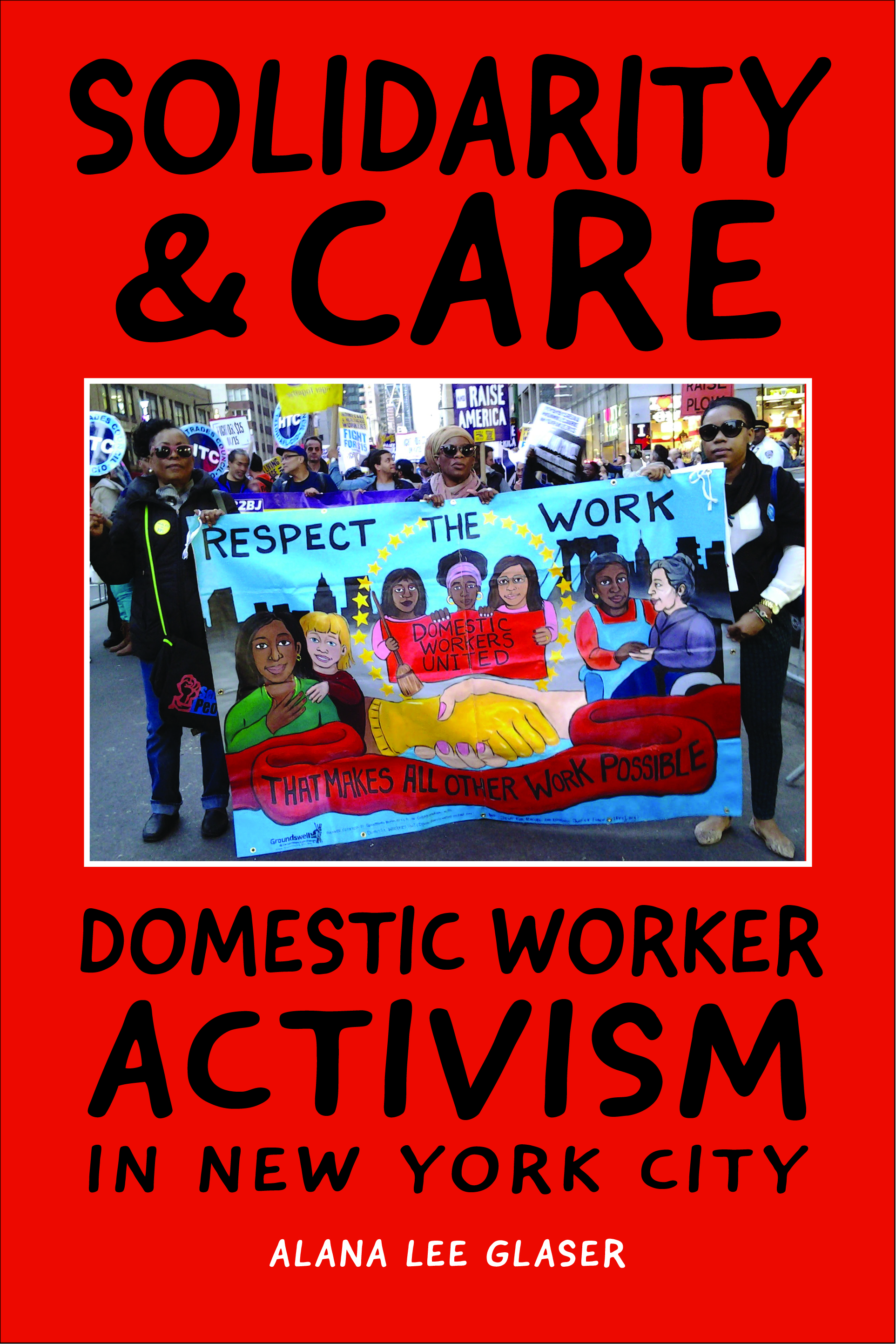This week in North Philly Notes, we showcase Zombie Apocalypse: Holy Land, Haiti, Hollywood, by Dr. Terry Rey, our latest title published by North Broad Press, a joint open access imprint of Temple University Libraries and Temple University Press.

North Broad Press,has published a new textbook. Zombie Apocalypse: Holy Land, Haiti, Hollywood, by Dr. Terry Rey.
Zombie Apocalypse: Holy Land, Haiti, Hollywood explores the intellectual and cultural histories of two highly influential and essentially religious ideas, that of the zombie and that of the apocalypse. The former is a modern idea rooted in Haitian Vodou and its popular African and European religious antecedents, while the latter is an ancient one rooted in Zoroastrianism and the Bible and widely expanded in Judaism, Christianity, and Islam, and is arguably one of the most influential ideas in world history. Today the merger of the zombie and the apocalypse has pervaded popular culture, with the zombie surpassing the vampire and Frankenstein as the most prolific monster in popular American consciousness.
Drawing on biblical studies, African studies, Caribbean studies, and the sociology and history of religion, Parts I (Holy Land) and II (Haiti) explore the religious origins of these ideas. Part III (Hollywood) uses aspects of cultural studies, literary analysis, critical race theory, and cinema studies to document the (primarily) American obsession with the zombie and the zombie apocalypse.
The apocalypse and the zombie have been momentous intellectual, historical, and cultural realities and social forces in both very ancient and very recent human history and culture. As such, Zombie Apocalypse provides a focused analysis of certain fundamental aspects of human existence. It challenges readers to cultivate their critical thinking skills while learning about two of the most compelling notions in human religious history and the impact they continue to have.
Terry Rey is Professor and Undergraduate Chair of the Department of Religion at Temple University, where he specializes in the anthropology and history of African and African diasporic religions. His current research projects focus on violence and religion in Central African and Haitian history. Rey developed the Temple course “Zombie Apocalypse: Holy Land, Haiti, Hollywood,” which he began teaching in spring 2020.
Filed under: african american studies, american studies, Anthropology, cultural studies, Education, ethics, History, immigration, Latin American studies, latinos, literature, Mass Media and Communications, race and ethnicity, racism, Religion, sociology, transnational politics, Urban Studies | Tagged: african studies, apocalypse, Christianity, Cinema, Critical Race Theory, cultural studies, Haiti, history, Hollywood, Islam, Judiasm, Latin American/Caribbean Studies, literature, religion, Vodou, Zombies | Leave a comment »











